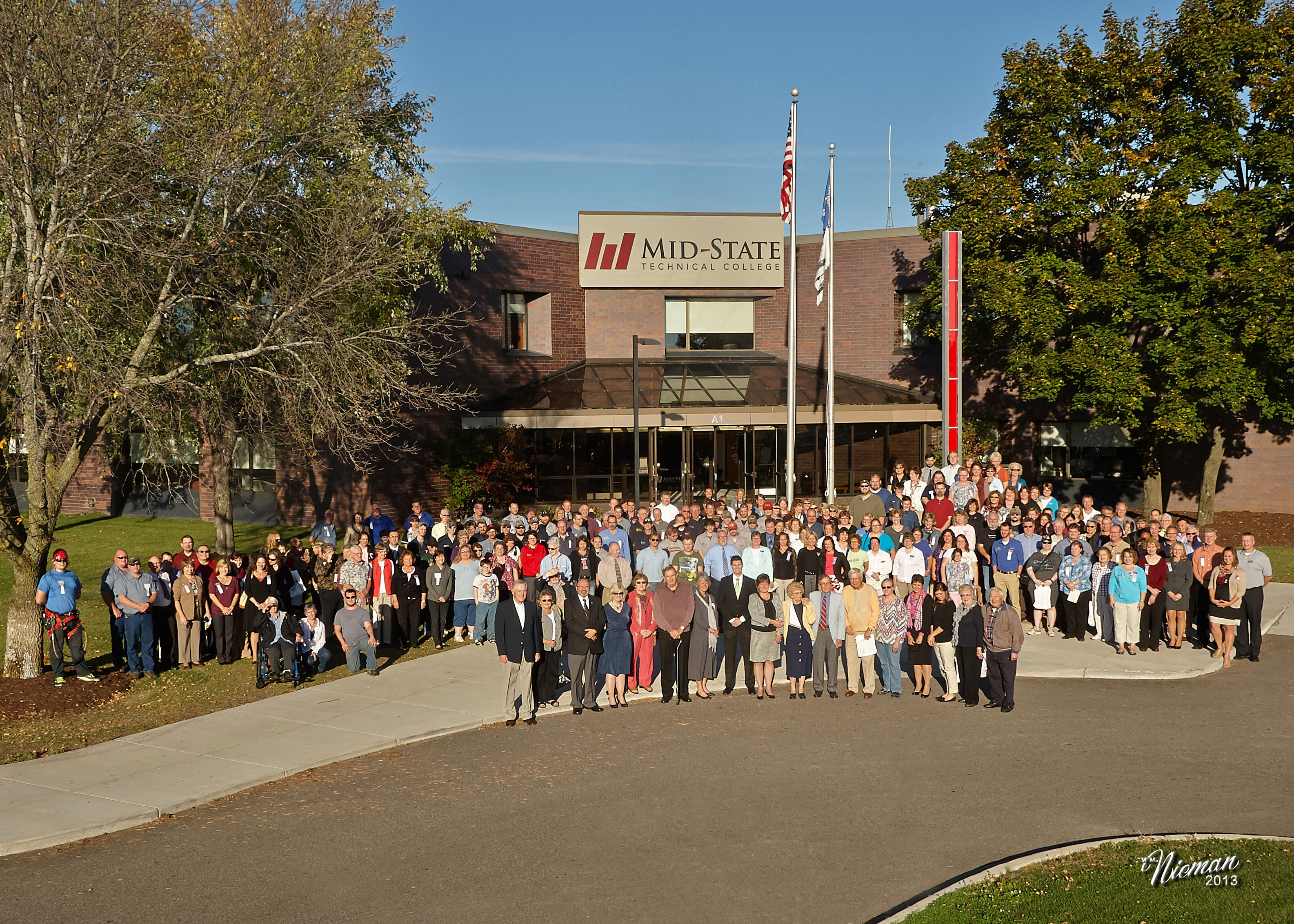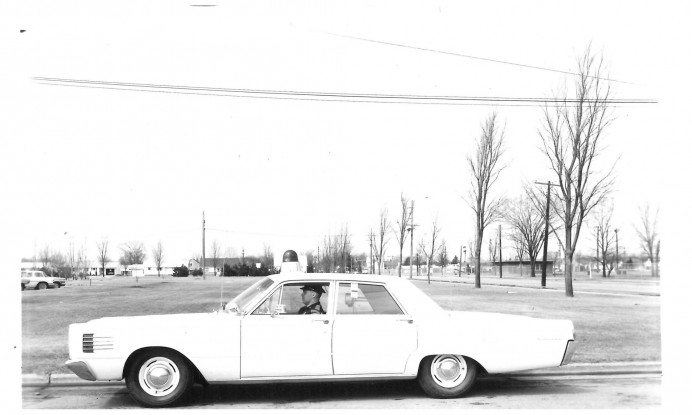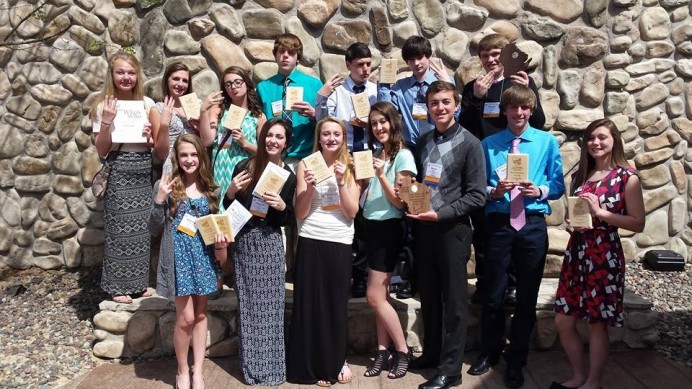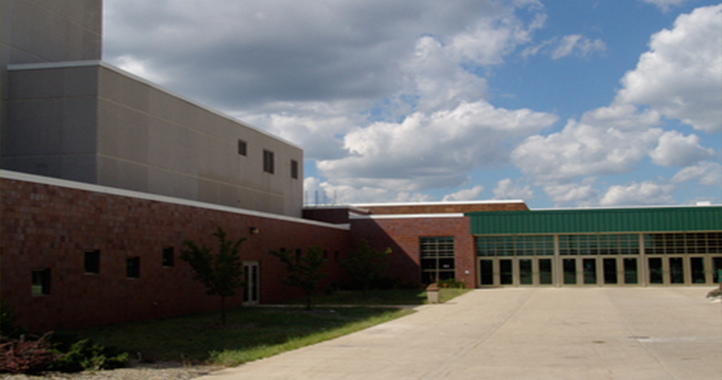National Wildlife Federation Certifies New Wildlife Habitat in Biron

For the City Times
BIRON – The National Wildlife Federation (NWF), America’s largest wildlife conservation and education organization, is pleased that the Village of Biron has successfully created a Certified Wildlife Habitat® through its Garden for Wildlife program.
In addition, Biron’s habitat at Gateway Park has been co-certified with NWF’s Wisconsin affiliate. NWF celebrates these efforts to create a garden that improves habitat for birds, butterflies, frogs and other wildlife by providing essential elements needed by all wildlife – natural food sources, clean water, cover and places to raise young. This Certified Wildlife Habitat® garden is now also part of the Million Pollinator Garden Challenge, a national effort to create a million gardens that provide habitat for declining pollinator insects, like butterflies and bees.
“Since 1973, more than 200,000 wildlife gardeners have joined NWF’s Garden for Wildlife movement and these individuals have helped restore wildlife habitat right in their own yards and neighborhoods,” said David Mizejewski, naturalist with the National Wildlife Federation. “Whether you garden in a suburban yard, an apartment balcony or a 10-acre farm, a schoolyard or a business park, everyone can create a home for local wildlife. Turning your space into a Certified Wildlife Habitat is fun, easy and makes a real difference for neighborhood wildlife.”
NWF’s Garden for Wildlife program encourages responsible gardening that helps pollinators and other wildlife thrive. It encourages planting with native species like milkweed and discouraging chemical pesticide use. Every Certified Wildlife Habitat® provides food, water, cover and places to raise young. Yards, schools, businesses, places of worship, campuses, parks, farms and other community-based landscapes can all be certified as wildlife sanctuaries.
For more information on gardening for wildlife and details on how an entire community can become certified, visit www.nwf.org/garden or call 1-800-822-9919.






